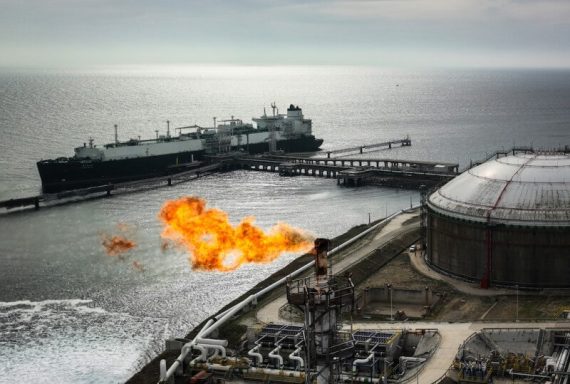I
n an analysis by Noam Raydan of the Washington Institute, the recent Gaza conflict’s repercussions on energy security within the East Mediterranean have been brought to the forefront. With the region already in the limelight for its promising natural gas reserves and cooperative energy projects, the escalation has triggered concerns about the stability and sustainability of these developments.
Before the conflict, Israel had made substantial progress in its gas production, which, coupled with agreements like the U.S.-brokered maritime boundary deal allowing exploration in previously disputed waters, pointed towards a new era of regional energy cooperation.
However, the Gaza war’s outbreak has led to immediate practical implications, such as the suspension of operations at Israel’s Tamar gas field and disruptions in oil import routes, underlying the fragility of energy infrastructures in conflict zones.
Egypt and Lebanon
The ramifications extend beyond Israel, with Egypt’s energy needs and Lebanon’s precarious situation highlighting the interconnected nature of regional energy networks. Lebanon’s ongoing financial crisis has already put a strain on its energy sector, and any potential spillover from the conflict could exacerbate the nation’s plight.
The analysis underscores the need for East Mediterranean countries to reassess their energy strategies, moving away from ‘gas pipe dreams’ to more immediate and feasible reforms. The situation serves as a reminder of the region’s vulnerability to geopolitical shifts and the necessity for resilient and diversified energy policies.
Noam Raydan’s comprehensive take on the issue provides a sobering reminder of the intricate link between regional stability and energy security, urging stakeholders to prioritize sustainable and conflict-resistant approaches to energy development.
Source: The Washington Institute
Recommended





